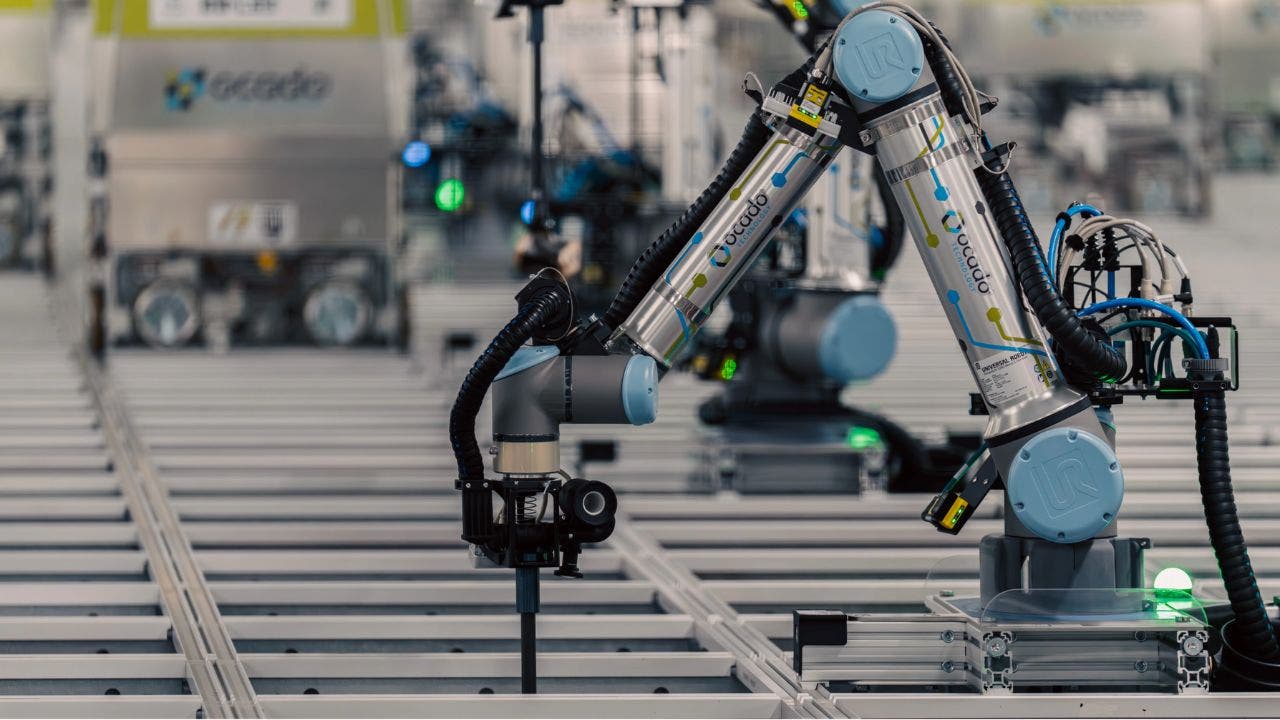Nintendo's Switch 2 Faces Price Challenges Amid Economic Changes

In a significant update for gaming enthusiasts, Nintendo unveiled extensive details regarding its upcoming console, the Switch 2. While the announcement included a few unexpected revelationsâsuch as a uniquely destructive Donkey Kong gameâthe most striking news came in the form of the console's pricing. The Switch 2 is set to retail at $449.99, while its flagship game, Mario Kart World, will cost a staggering $79.99, marking a notable leap in price compared to the previous generation.
To provide insight into the reasoning behind these price hikes, we engaged in a conversation with Bill Trinen, Nintendo's vice president of player and product experience. This interview took place on April 3, just a day before Nintendo disclosed a postponement of Switch 2 pre-orders in the U.S. This delay was attributed to uncertainties influenced by the Trump administrationâs new tariffs, which have created ripples throughout the tech industry.
During our discussion, I began by questioning Trinen about the factors leading to the increased price of the console, which is now priced $150 higher than the original Switch. Trinen responded, âWell, I would say thereâs a couple of things. Number one, weâre unfortunately living in an era where I think inflation is affecting everything. Itâs impacting day-to-day prices and technology alike. Furthermore, the cost of smart devices has risen significantly compared to their introduction in the mid-2000s. As we integrate more technology into our systems, naturally, that leads to increased costs.â
Trinen elaborated that the enhancements in the Switch 2, such as redesigned Joy-Cons featuring mouse controls and a system-wide chat capability, contribute to the overall valueâand thus the priceâof the product.
Interestingly, a notable discrepancy exists between the pricing of the Japanese-language Switch 2, which is set at 49,980 yen (approximately $343), and the more expensive English-language version, which is over $100 higher in some markets. I raised this concern with Trinen, who stated, âAn average consumer may not be fully aware of the varying market differences between the different territories. Globally, Nintendo assesses market conditions in various regions to determine appropriate pricing. In this case, the unique circumstances in the Japanese market influenced our decision to offer a more competitive price there without negatively impacting other markets.â
While Trinen did not directly address how global trade issues, particularly those stemming from President Trumpâs trade war, have affected pricing, it was clear that these factors play a role. Notably, Nintendo moved its console production to Vietnam in 2019 to sidestep heavy tariffs imposed on China. However, on the day of the Switch 2's launch announcement, a 46% tariff on imports from Vietnam was instituted, prompting fears that this might lead to higher consumer prices. This uncertainty likely influenced Nintendoâs pricing strategy, as the company must navigate the shifting economic landscape. In fact, the pre-order delays were a direct response to potential new tariffs.
The situation surrounding software prices is equally concerning for Nintendo fans. Historically, games have remained priced around $59.99 since the era of the Wii U, but that stability is now under threat. The Legend of Zelda: Tears of the Kingdom broke the mold in 2023 by launching at $69.99, and now Mario Kart World is expected to debut at an even higher price of $79.99.
When I inquired about the rationale behind these escalating game prices, Trinen remarked, âThe price of video games has remained very stable for an extended period. I recall an advertisement from 1993 promoting Donkey Kong Country for the SNES at $59âa price point that has held steady for decades. However, with inflation and increased costs, we find ourselves having to reevaluate.â
Trinen emphasized that Nintendo approaches game pricing on a title-by-title basis, considering various elements such as gameplay experience, duration, and depth. âFor instance, with a title like Tears of the Kingdom, we set a higher price point based on the value of the experience. However, this doesn't mean that every game will be priced accordingly,â he clarified. âWith titles like Mario Kart [World] and Donkey Kong Bananza, we assess the overall experience and determine a price that reflects current economic conditions.â
















